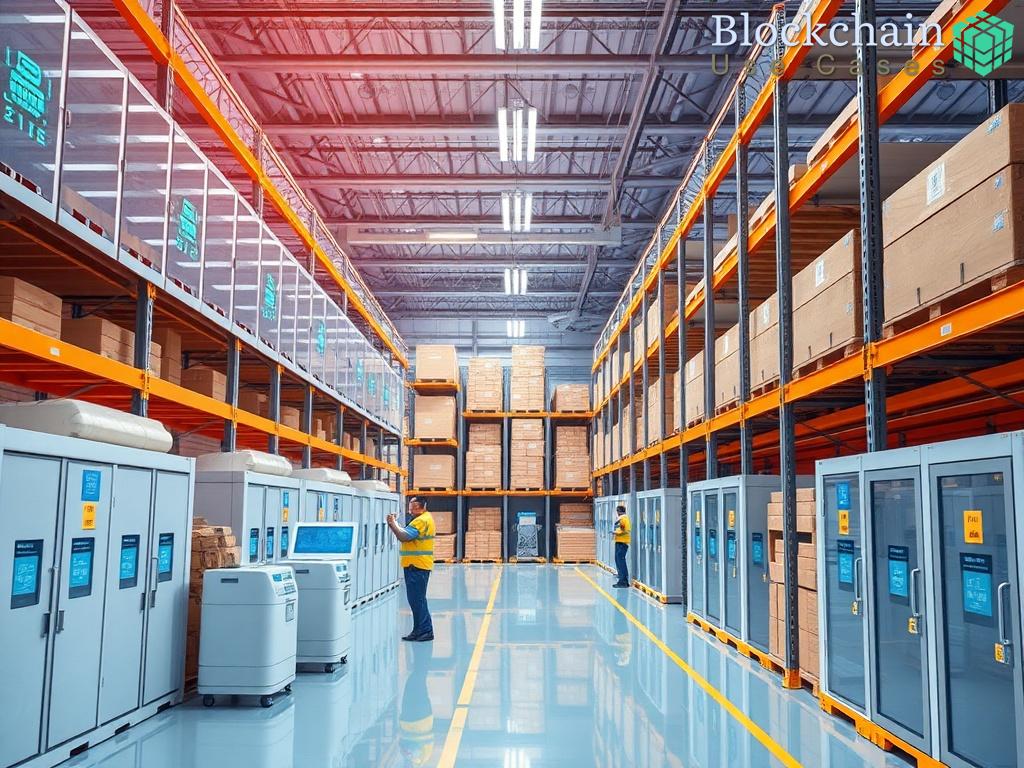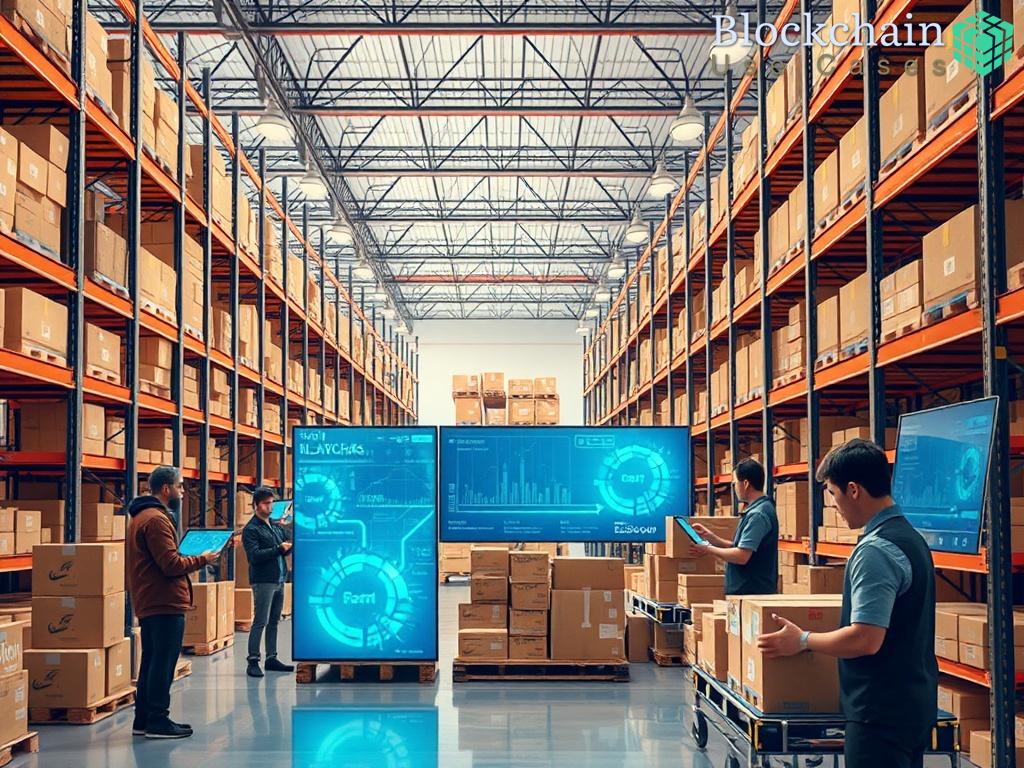The evolution of technology has always been intertwined with the growth of industries, and the supply chain is no exception. As traditional processes face challenges like inefficiency and lack of transparency, a new player has emerged on the scene: tokenization. This innovative approach to asset management is reshaping the equipment leasing sector, offering unprecedented opportunities for all stakeholders involved.

Tokenization refers to the process of converting ownership rights of an asset into a digital token on a blockchain. This concept is gaining traction in the supply chain, particularly in equipment leasing, where it promises to enhance liquidity, streamline transactions, and reduce risks.
As industries adapt to the rapidly changing technological landscape, understanding the benefits of tokenized equipment leasing is vital for businesses looking to stay ahead. Tokenization not only improves efficiency but also fosters a more collaborative environment for leasing transactions.
- Increased Liquidity: By converting assets into tokens, businesses can trade them on various digital platforms, increasing accessibility and market reach.
- Enhanced Transparency: Blockchain technology ensures that all transactions are recorded, providing a clear audit trail and fostering trust among parties involved.
- Reduced Costs: Automating leasing processes through smart contracts minimizes administrative burdens and lowers transaction fees.
- Fractional Ownership: Tokenization allows for shared ownership of expensive equipment, making it easier for smaller companies to access high-quality assets.
These benefits illustrate just how transformative tokenization can be for the equipment leasing sector, paving the way for a more dynamic and inclusive marketplace.
Despite the immense potential of tokenized supply chain assets, there are challenges that must be addressed to fully realize this innovative approach. Understanding these obstacles is crucial for stakeholders willing to invest in the future of equipment leasing.
Key challenges include regulatory uncertainties, the need for industry-wide standards, and the technological barriers to entry for smaller businesses. However, as more companies recognize the value of tokenization, efforts to overcome these challenges are gaining momentum.
Looking ahead, the future of tokenized equipment leasing appears bright. With advancements in technology and increasing adoption rates, the leasing landscape will likely evolve into a more efficient and transparent model, ultimately benefiting all participants in the supply chain.





